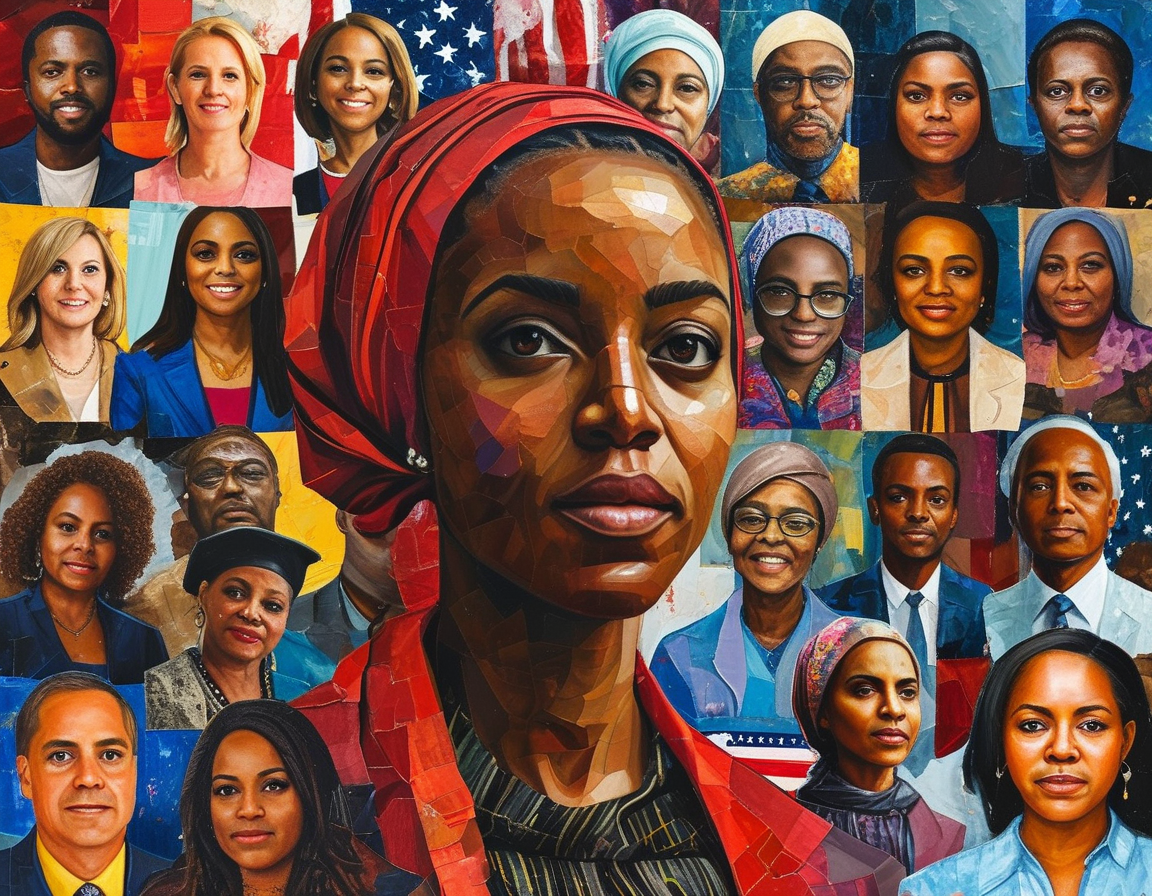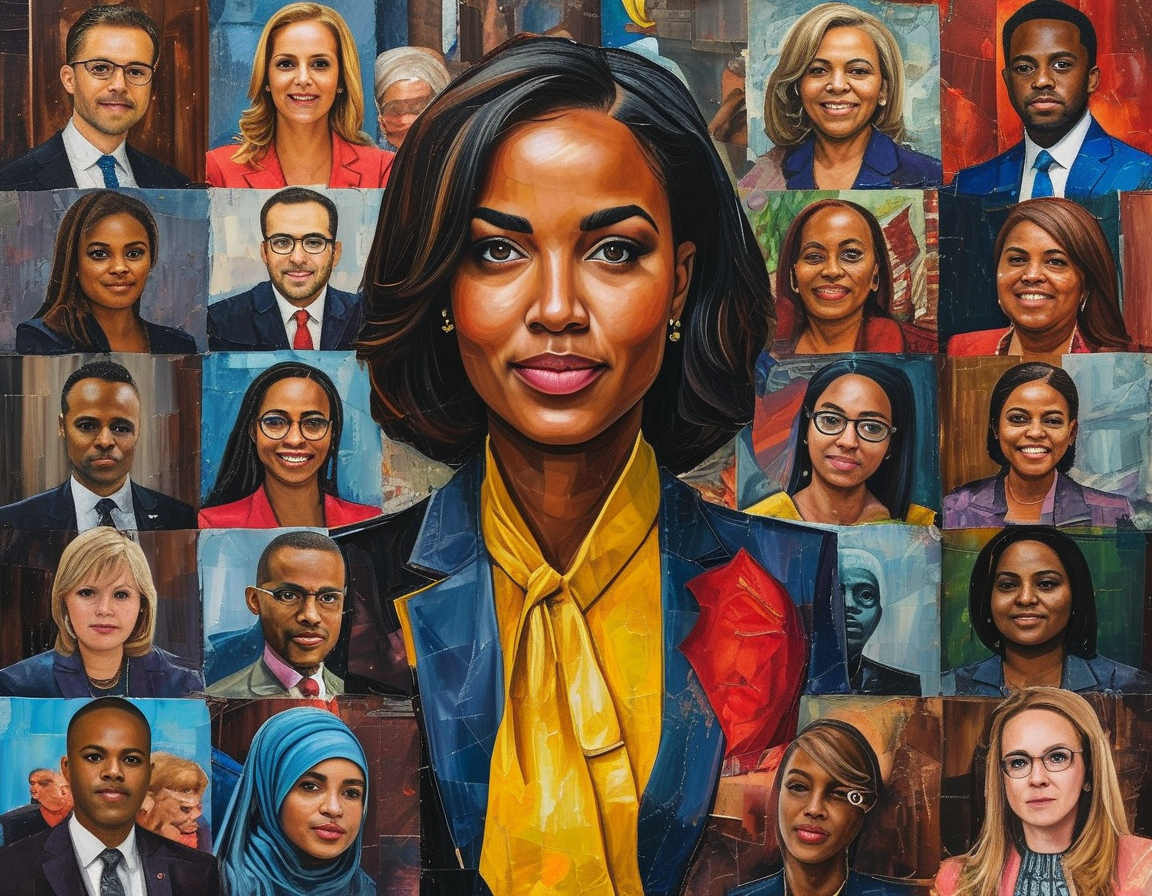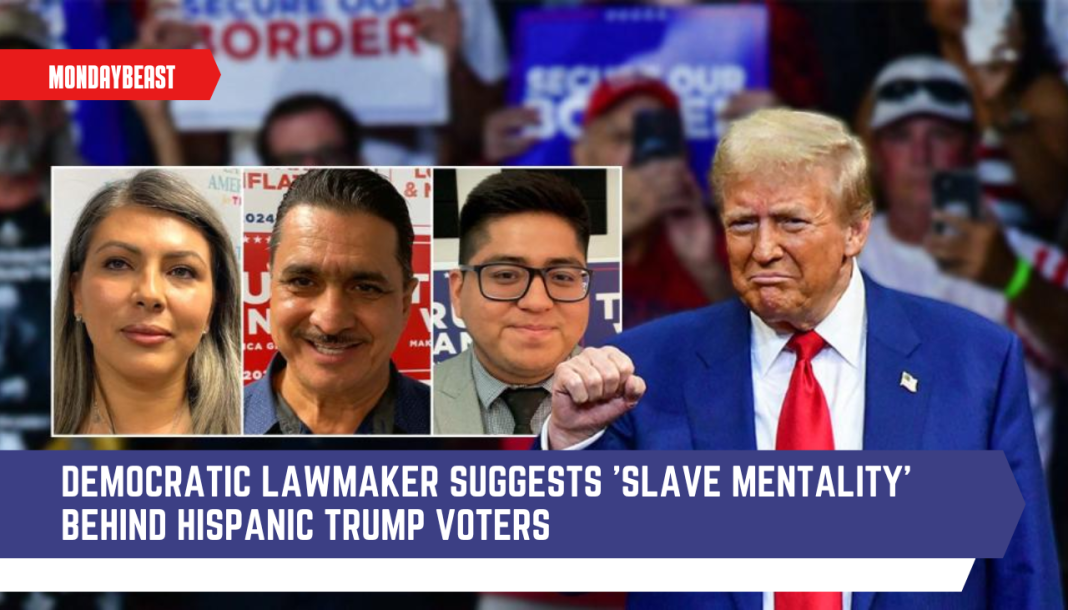In a recent interview, Rep. Jasmine Crockett made headlines. She suggested a surprising theory about Hispanic voters supporting Trump. The phrase ‘slave mentality’ stirred a lot of emotions. Hit hard, it raised questions about identity.
Crockett’s perspective needs unpacking. She claims that many Hispanic voters have an attitude that echoes historical self-hate. It’s a stark view. She sees this viewpoint as unique to the Latino community. But is that really the full picture?

Shifting gears, she touches on other demographics. Crockett points out that she hasn’t observed this dynamic in Asian, Black, or Caribbean communities. That’s a bold assertion. It raises questions about unity and division within the electorate. What’s causing these differences?
Hers is not the only voice in this discussion. Some may argue that support for Trump comes from other places. Perhaps it’s not about mentality but rather economic concerns or cultural alignment. Acknowledging these angles could lead to a fuller understanding.
Crockett also comments on Black voters. Interestingly, despite overwhelming support for Harris, there was a slight shift among Black men. ‘Flaking,’ as she calls it, seems related to deeper issues. Misogyny could be influencing these political choices. It’s a complex web of loyalty shifting in unexpected ways.

And what about White women? Crockett doesn’t hold back. She claims they failed not just Clinton, but also Harris. Is there a pattern emerging? It seems worth examining why White women’s votes have historically faltered in critical moments. Where’s the disconnect?
Crockett’s eyebrows raise even higher when discussing men within the party. Some report feeling emasculated, yet she insists Harris presented an ideal candidacy. This contradiction is puzzling. If Harris was perfect, what’s going wrong?
The Democratic Party comes under fire next. Crockett speaks of their struggle with communication. Clear messaging could be key. She argues they set impossible standards for their candidates. Shouldn’t politicians be allowed to have imperfections? Perhaps the party needs to reevaluate its expectations.

Looking back, she questions why Democrats tear each other down. The example of Biden’s criticism resonates here. Republicans rally around their leaders even after missteps. Why can’t Democrats do the same? This consistent criticism might be detrimental, especially in crucial elections.
As we continue this conversation, we must ask ourselves why these dynamics exist. Crockett brings passion and honesty. But her remarks invite us to reflect more deeply. What are the root causes of these attitudes and behaviors?
Let’s not forget that the electorate is diverse. Every voice has its own story. Understanding these stories requires empathy. It might just be the key to uniting rather than dividing communities.
This analysis pushes us to reconsider our views. In a country facing significant political challenges, there’s a greater need for dialogue. Can we bridge gaps between perspectives? Navigating these conversations may help us move forward together.




